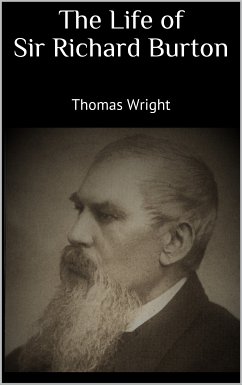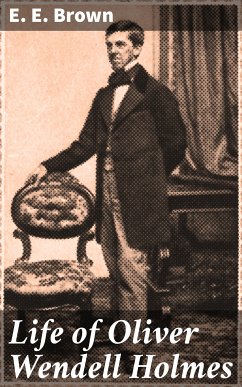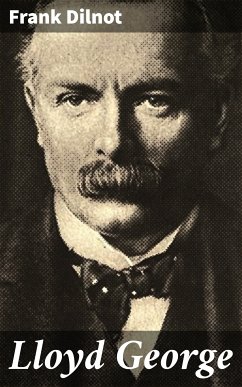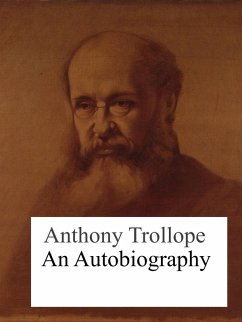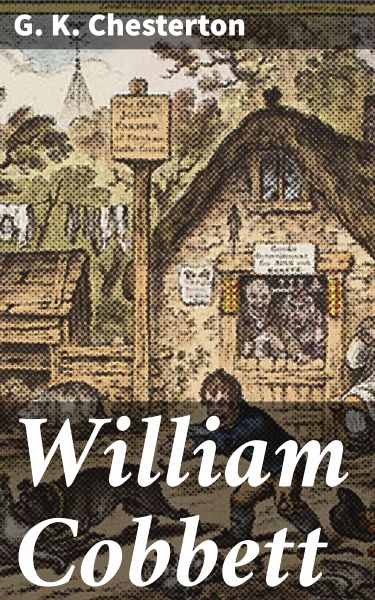
William Cobbett (eBook, ePUB)
Enriched edition. A Revolutionary Vision of 19th Century British Society
Kommentar: Stanhope, Bennett / Redaktion: Good Press

PAYBACK Punkte
0 °P sammeln!
G. K. Chesterton's "William Cobbett" offers a compelling exploration of the life and work of the 19th-century English journalist, agrarian reformer, and social critic William Cobbett. In this biographical study, Chesterton adopts a distinctive narrative style that is both engaging and philosophically rich, incorporating sharp wit and profound social commentary. He examines Cobbett's formidable contributions to journalism and politics amidst the backdrop of the Industrial Revolution, framing him not only as a significant historical figure but also as a voice of the common man confronting the ch...
G. K. Chesterton's "William Cobbett" offers a compelling exploration of the life and work of the 19th-century English journalist, agrarian reformer, and social critic William Cobbett. In this biographical study, Chesterton adopts a distinctive narrative style that is both engaging and philosophically rich, incorporating sharp wit and profound social commentary. He examines Cobbett's formidable contributions to journalism and politics amidst the backdrop of the Industrial Revolution, framing him not only as a significant historical figure but also as a voice of the common man confronting the challenges of his time. Chesterton's analysis delves into the tensions between urbanization and agrarianism, illustrating how Cobbett's passionate advocacy for rural life serves as a critique of the mechanization of industrial society. G. K. Chesterton, a prominent literary figure and social critic himself, shared Cobbett's disdain for industrialism and reverence for tradition, which undoubtedly informed his portrayal of Cobbett. Chesterton's deep understanding of morality and social justice, rooted in his own Christian beliefs, comes through vividly in this work. His extensive travels and keen observations of societal issues present in early 20th-century England further enrich his insights into Cobbett's enduring legacy. "William Cobbett" is an essential read for those interested in the intersections of literature, politics, and social thought. Chesterton's masterful prose invites readers to reflect on the relevance of Cobbett's insights in today's world, making it a valuable addition to the shelves of students of history, literature, and cultural critics alike. In this enriched edition, we have carefully created added value for your reading experience: - A succinct Introduction situates the work's timeless appeal and themes. - The Synopsis outlines the central plot, highlighting key developments without spoiling critical twists. - A detailed Historical Context immerses you in the era's events and influences that shaped the writing. - An Author Biography reveals milestones in the author's life, illuminating the personal insights behind the text. - A thorough Analysis dissects symbols, motifs, and character arcs to unearth underlying meanings. - Reflection questions prompt you to engage personally with the work's messages, connecting them to modern life. - Hand-picked Memorable Quotes shine a spotlight on moments of literary brilliance. - Interactive footnotes clarify unusual references, historical allusions, and archaic phrases for an effortless, more informed read.
Dieser Download kann aus rechtlichen Gründen nur mit Rechnungsadresse in A, B, BG, CY, CZ, D, DK, EW, E, FIN, F, GR, H, IRL, I, LT, L, LR, M, NL, PL, P, R, S, SLO, SK ausgeliefert werden.





